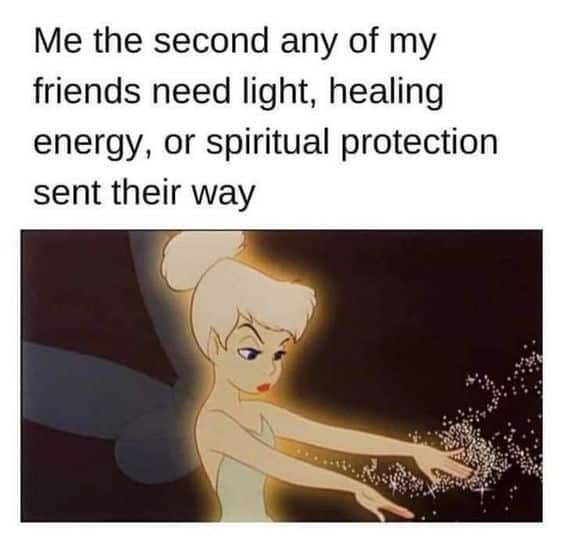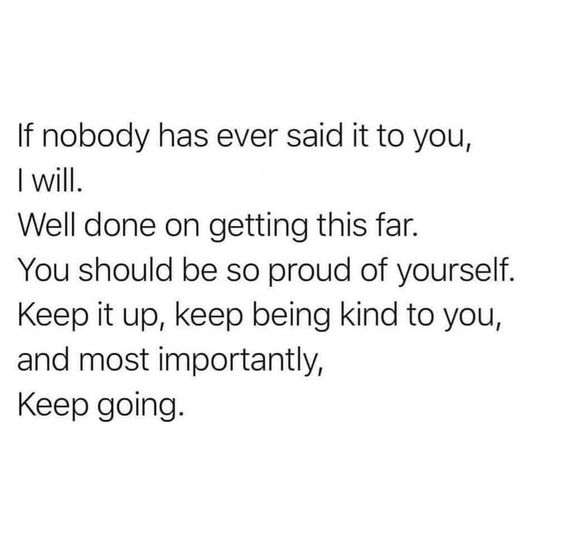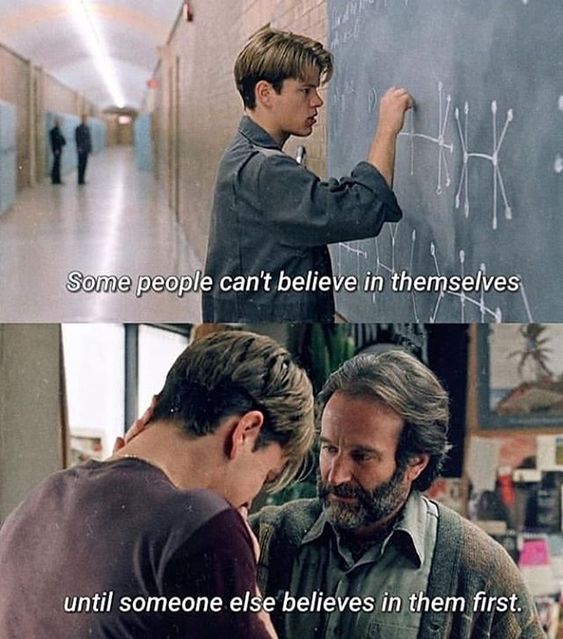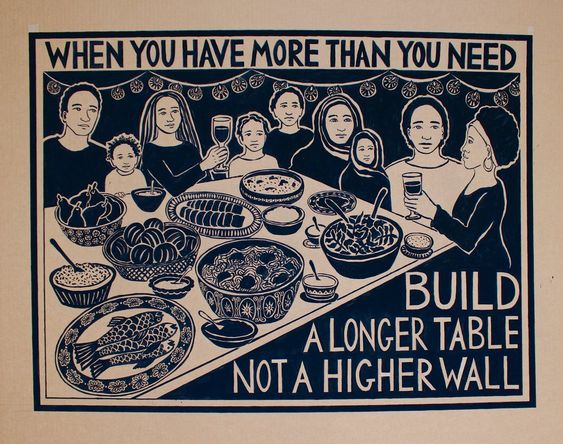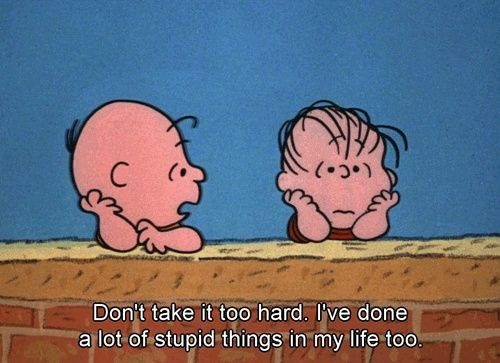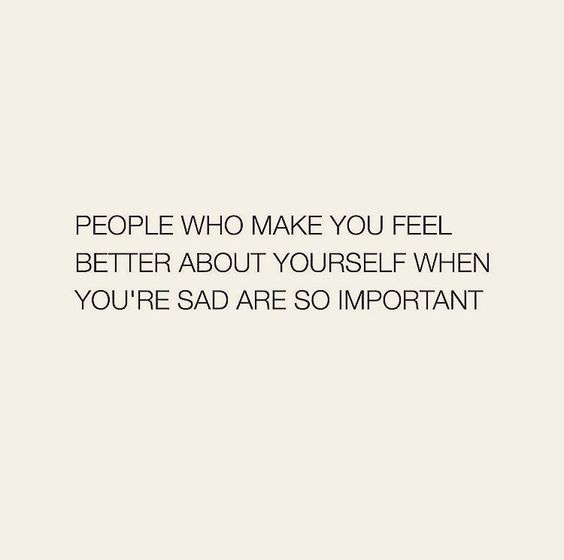“Showing up is the ultimate act of love. Go to every wedding and every funeral. But more importantly: Go to every sick person’s bedside.”
Mari Andrews, Out of the Blue
“People who feel safe and meaningfully connected with others have little reason to squander their lives doing drugs or staring numbly at television; they don’t feel compelled to stuff themselves with carbohydrates or assault their fellow human beings. However, if nothing they do seems to make a difference, they feel trapped and become susceptible to the lure of pills, gang leaders, extremist religions, or violent political movements—anybody and anything that promises relief.”
Bessel van der Kolk, The Body Keeps The Score (Page 353) | ★ Featured on this book list.
“It is an enormous challenge to find safe places to express the pain of trauma, which is why survivor groups like Alcoholics Anonymous, Adult Children of Alcoholics, Narcotics Anonymous, and other support groups can be so critical. Finding a responsive community in which to tell your truth makes recovery possible. That is also why survivors need professional therapists who are trained to listen to the agonizing details of their lives.”
Bessel van der Kolk, The Body Keeps The Score (Page 246) | ★ Featured on this book list.
“If you’ve been hurt, you need to acknowledge and name what happened to you. I know that from personal experience: As long as I had no place where I could let myself know what it was like when my father locked me in the cellar of our house for various three-year-old offenses, I was chronically preoccupied with being exiled and abandoned. Only when I could talk about how that little boy felt, only when I could forgive him for having been as scared and submissive as he was, did I start to enjoy the pleasure of my own company. Feeling listened to and understood changes our physiology; being able to articulate a complex feeling, and having our feeling recognized, lights up our limbic brain and creates an ‘aha moment.’ In contrast, being met by silence and incomprehension kills the spirit. Or, as John Bowlby so memorably put it: ‘What can not be spoken to the [m]other cannot be told to the self.'”
Bessel van der Kolk, The Body Keeps The Score (Page 234) | ★ Featured on this book list.
“Activists in the early campaign for AIDS awareness created a powerful slogan: ‘Silence = Death.’ Silence about trauma also leads to death—the death of the soul. Silence reinforces the godforsaken isolation of trauma. Being able to say aloud to another human being, ‘I was raped’ or ‘I was battered by my husband’ or ‘My parents called it discipline, but it was abuse’ or ‘I’m not making it since I got back from Iraq,’ is a sign that healing can begin.”
Bessel van der Kolk, The Body Keeps The Score (Page 234) | ★ Featured on this book list.
“After an acute trauma, like an assault, accident, or natural disaster, survivors require the presence of familiar people, faces, and voices; physical contact; food; shelter and a safe place; and time to sleep. It is critical to communicate with loved ones close and far and to reunite as soon as possible with family and friends in a place that feels safe. Our attachment bonds are our greatest protection against threat.”
Bessel van der Kolk, The Body Keeps The Score (Page 212) | ★ Featured on this book list.
“Study after study shows that having a good support network constitutes the single most powerful protection against becoming traumatized. Safety and terror are incompatible. When we are terrified, nothing calms us down like the reassuring voice or the firm embrace of someone we trust. Frightened adults respond to the same comforts as terrified children: gentle holding and rocking and the assurance that somebody bigger and stronger is taking care of things, so you can safely go to sleep. In order to recover, mind, body, and brain need to be convinced that it is safe to let go. That happens only when you feel safe at a visceral level and allow yourself to connect that sense of safety with memories of past helplessness.”
Bessel van der Kolk, The Body Keeps The Score (Page 212) | ★ Featured on this book list.
“Social support is a biological necessity, not an option, and this reality should be the backbone of all prevention and treatment. Recognizing the profound effects of trauma and deprivation on child development need not lead to blaming parents. We can assume that parents do the best they can, but all parents need help to nurture their kids.”
Bessel van der Kolk, The Body Keeps The Score (Page 169) | ★ Featured on this book list.
“The roots of resilience… are to be found in the sense of being understood by and existing in the mind and heart of a loving, attuned, and self-possessed other.”
Diana Fosha, via The Body Keeps The Score (Page 108)
“Social support is not the same as merely being in the presence of others. The critical issue is reciprocity: being truly heard and seen by the people around us, feeling that we are held in someone else’s mind and heart. For our physiology to calm down, heal, and grow we need a visceral feeling of safety. No doctor can write a prescription for friendship and love: These are complex and hard-earned capacities. You don’t need a history of trauma to feel self-conscious and even panicked at a party with strangers—but trauma can turn the whole world into a gathering of aliens.”
Bessel van der Kolk, The Body Keeps The Score (Page 81) | ★ Featured on this book list.
“Being able to feel safe with other people is probably the single most important aspect of mental health; safe connections are fundamental to meaningful and satisfying lives. Numerous studies of disaster response around the globe have shown that social support is the most powerful protection against becoming overwhelmed by stress and trauma.”
Bessel van der Kolk, The Body Keeps The Score (Page 81) | ★ Featured on this book list.
“None of us are immune from life’s tragic moments. Like the small rubber boat we had in basic SEAL training, it takes a team of good people to get you to your destination in life. You cannot paddle the boat alone. Find someone to share your life with. Make as many friends as possible, and never forget that your success depends on others.”
William A. McRaven, Make Your Bed (Page 21) | ★ Featured on this book list.
“That kind of violence… it tears open a hole, it’s like a black hole. It sucks language and meaning and all sense and whenever we show up and try to make sense of it, it reins hallow because there’s no making sense of this kind of mass violence—mass suffering. And when people have just survived it, it’s like you’re sitting on the edge of that black hole and you’re about to be sucked in and the only way that you don’t fall in is if someone is holding your hand. That’s all it takes.”
Valarie Kaur
